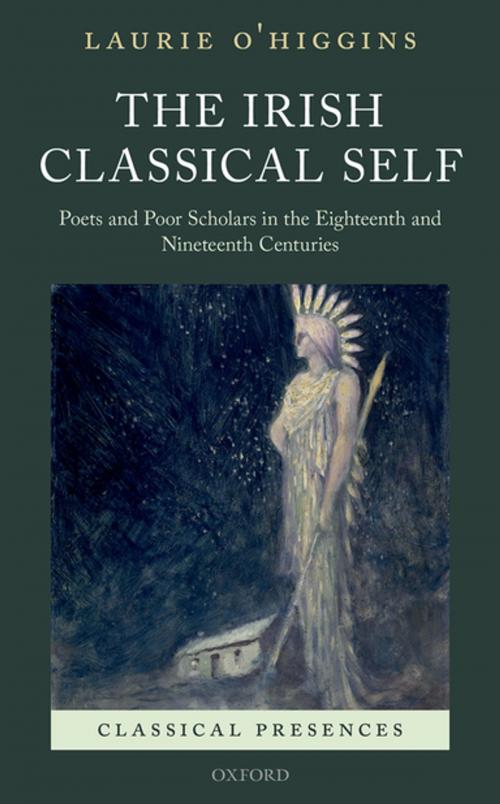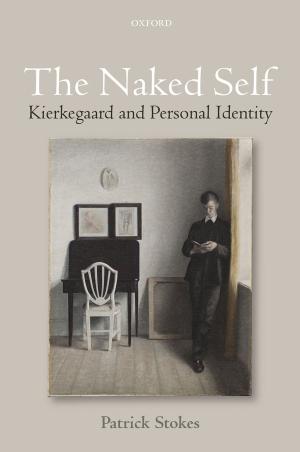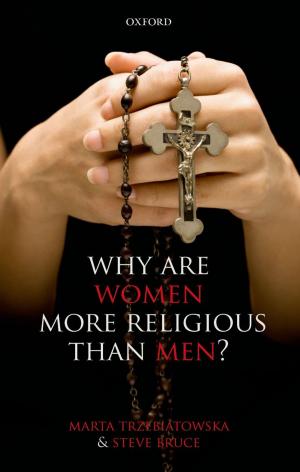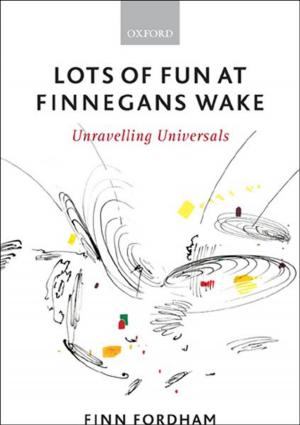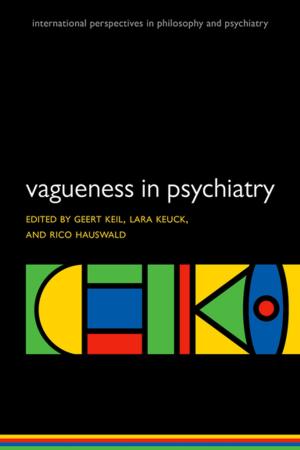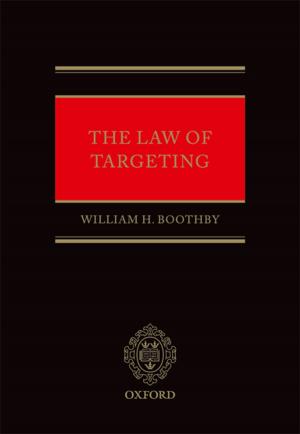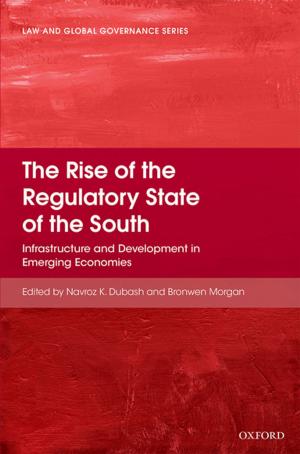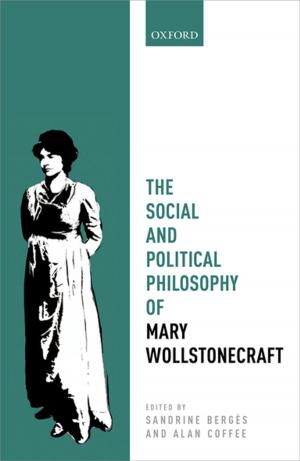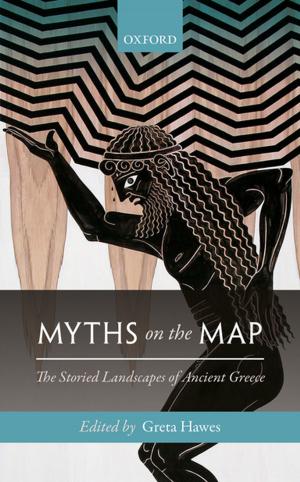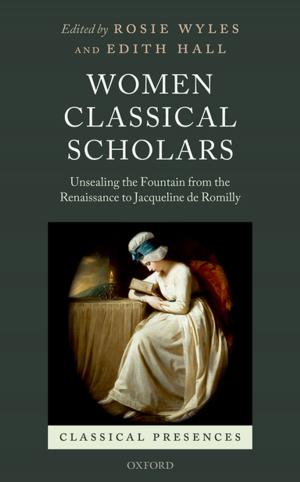The Irish Classical Self
Poets and Poor Scholars in the Eighteenth and Nineteenth Centuries
Nonfiction, History, Ireland, Fiction & Literature, Literary Theory & Criticism| Author: | Laurie O'Higgins | ISBN: | 9780191079825 |
| Publisher: | OUP Oxford | Publication: | March 9, 2017 |
| Imprint: | OUP Oxford | Language: | English |
| Author: | Laurie O'Higgins |
| ISBN: | 9780191079825 |
| Publisher: | OUP Oxford |
| Publication: | March 9, 2017 |
| Imprint: | OUP Oxford |
| Language: | English |
The Irish Classical Self considers the role of classical languages and learning in the construction of Irish cultural identities in the eighteenth and nineteenth centuries, focusing in particular on the "lower ranks" of society. This eighteenth century notion of the "classical self" grew partly out of influential identity narratives developed in the seventeenth century by clerics on the European continent: responding to influential critiques of the Irish as ignorant barbarians, they published works demonstrating the value and antiquity of indigenous culture and made traditional annalistic claims about the antiquity of Irish and connections between Ireland and the biblical and classical world broadly known. In the eighteenth century these and related ideas spread through Irish poetry, which demonstrated the complex and continuing interaction of languages in the country: a story of conflict, but also of communication and amity. The "classical strain" in the context of the non-elite may seem like an unlikely phenomenon but the volume exposes the truth in the legend of the classical hedge schools which offered tuition in Latin and Greek to poor students, for whom learning and claims to learning had particular meaning and power. This volume surveys official data on schools and scholars together with literary and other narratives, showing how the schools, inherently transgressive because of the Penal Laws, drove concerns about class and political loyalty and inspired seductive but contentious retrospectives. It demonstrates that classical interests among those "in the humbler walks of life" ran in the same channels as interests in Irish literature and contemporary Irish poetry and demands a closer look at the phenomenon in its entirety.
The Irish Classical Self considers the role of classical languages and learning in the construction of Irish cultural identities in the eighteenth and nineteenth centuries, focusing in particular on the "lower ranks" of society. This eighteenth century notion of the "classical self" grew partly out of influential identity narratives developed in the seventeenth century by clerics on the European continent: responding to influential critiques of the Irish as ignorant barbarians, they published works demonstrating the value and antiquity of indigenous culture and made traditional annalistic claims about the antiquity of Irish and connections between Ireland and the biblical and classical world broadly known. In the eighteenth century these and related ideas spread through Irish poetry, which demonstrated the complex and continuing interaction of languages in the country: a story of conflict, but also of communication and amity. The "classical strain" in the context of the non-elite may seem like an unlikely phenomenon but the volume exposes the truth in the legend of the classical hedge schools which offered tuition in Latin and Greek to poor students, for whom learning and claims to learning had particular meaning and power. This volume surveys official data on schools and scholars together with literary and other narratives, showing how the schools, inherently transgressive because of the Penal Laws, drove concerns about class and political loyalty and inspired seductive but contentious retrospectives. It demonstrates that classical interests among those "in the humbler walks of life" ran in the same channels as interests in Irish literature and contemporary Irish poetry and demands a closer look at the phenomenon in its entirety.
